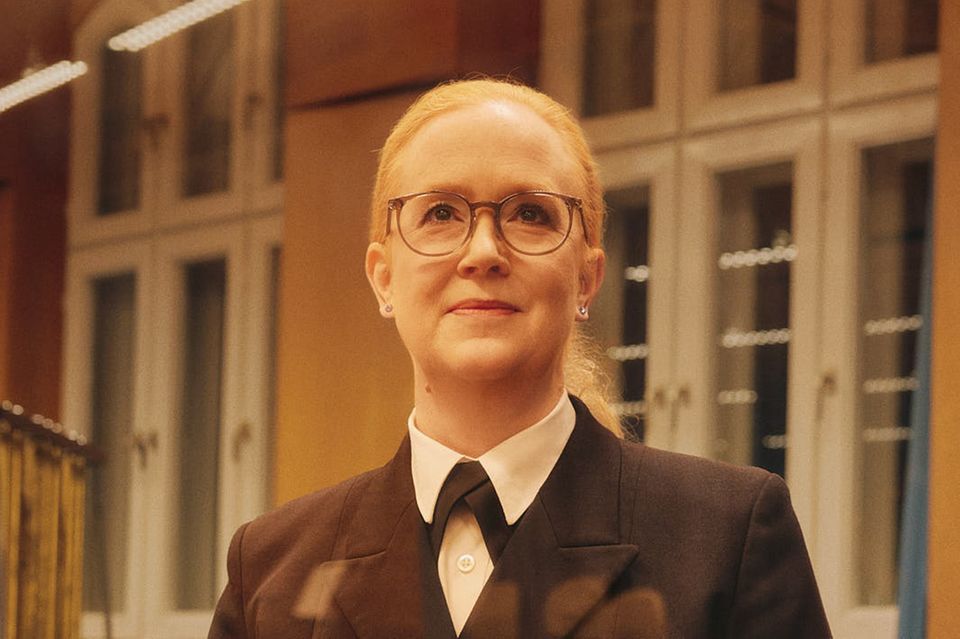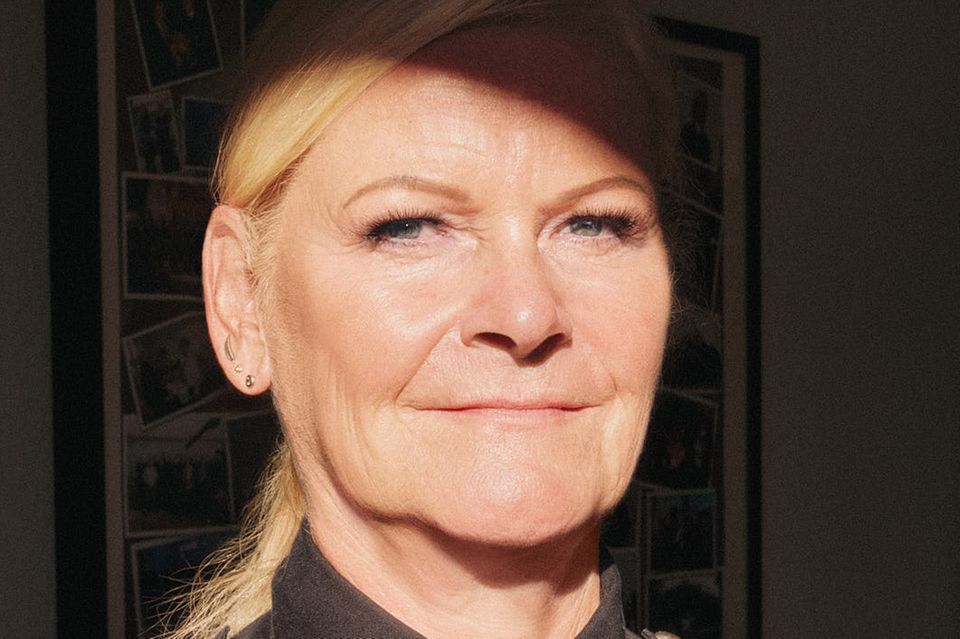BYM.de: Are unsolicited/speculative applications common in Great Britain and in the United States?
Prof. Dr. Jackie Pocklington: But of course. There is nothing worse than to wait for a job to come to you because then you will have a lot of stiff competition. Upwards of 70% of the vacancies in the job market are filled internally, through connections, and through unsolicited applications before the remaining 30% become known to the public through job ads. Once a job vacancy is publicized, everybody and their grandparents are scrambling for it. In other words, you have much greater chances of landing a position if you get into the competition early through networking (see Chapter 5 of Bewerben auf Englisch) and unsolicited applications.
BYM.de: What particular points do English-speaking employers pay particular attention to in an application?
Prof. Dr. Jackie Pocklington :
- Foremost, does an applicant meet all requirements for the offered position?
- Does the applicant possess professional skills regarding leadership, responsibility, articulation, computers and Internet?
- Does the applicant present himself in a professional manner as demonstrated in the application documents and in the interview?
- Does the applicant have good team and interpersonal skills?
- Does the applicant have a well-rounded personality with other interests?
BYM.de: What are the greatest differences between a German and an English application?
Prof. Dr. Jackie Pocklington: The greatest difference between German and English-language applications lies in the function and design of cover letters [US] / covering letters [UK] and their corresponding resumes [US] / CVs [UK]. As the style of German applications is gradually developing closer to the American style of application, over time these differences are becoming less pronounced.
In the old style of German applications, the "Lebenslauf" assumed one set form employed for all applications. It was the task of the "Anschreiben" to ensure that all of the requirements were addressed as these varied from case to case. In English applications resumes/CVs are customized on a case by case basis to address each of the requirements wherever possible. The resume/CV should bring out all relevant qualifications to demonstrate that you meet all of the requirements. The function of the cover letter is therefore not to do likewise, rather to bring out three or four of the most important qualifications of the applicant to generate interest in reading the accompanying resume/CV.
BYM.de: What distinguishes the resume/CV from a German "Lebenslauf"?
Prof. Dr. Jackie Pocklington : Regarding design, the resume/CV includes sections at the top of the page that are uncommon in the "Lebenslauf": "Objective" [Zielvorstellung] in which the desired position is named, and "Summary" [Zusammenfassung] in which the main qualifications are highlighted. We also take liberty in design with regard to the location of the critical information on the page in order to make it as easy as possible for the reader to spot our qualifications. In particular this means listing your education and work experience in reverse-chronological order, i.e. starting with the present and working your way back in time. This is done for good reason: Usually your best qualifications for the offered position are found in your recent history, less so in the distant past. Moreover, we usually start a line of information regarding work experience or education with the most important information like the position you have or the company you have worked for or the name of the educational institution because these are your best selling points, and not the dates, which can appear on the far right side. Bulleting is also employed to highlight your tasks and accomplishments at work.
The heading of the resume/CV is your name (font size 16-18) and there is no date or signature at the bottom of the document. American companies prefer to receive international applications without photo or information on age or marital status to avoid potential lawsuits due to racial, gender or age discrimination.
BYM.de: Which points must definitely be included in a cover letter?
Prof. Dr. Jackie Pocklington:
- Naming the position applied for.
- Your source of information (job ad or network/contact person) regarding the (potential) vacancy.
- Your interest in the position and in the particular company (based on your research on it).
- Your main qualifications for the position.
- A request for an opportunity to talk with the company in person or on the phone. (For examples see the appendix of Bewerben auf Englisch.)
BYM.de: Which mistakes are most commonly made?
Prof. Dr. Jackie Pocklington:
- Not taking initiative through networking and not applying to companies on your own initiative certainly count as some of the worst mistakes one can make. - Simply translating your German application directly into English: Many formulations simply do not work through direct translation; moreover, the design of English application documents differs from corresponding German documents. - Not customizing your resume/CV according to the requirements of each position applied for and designing it in a way to make it easy for the reader to spot your corresponding qualifications.
- Not preparing well by getting to know oneself (your own interests and ambitions as well as your qualifications, especially soft skills), the market, the company and the position; similarly not working out the job requirements and how well you meet them in order to present this information in the application and job interview; not preparing your answers to typical interview questions.
- Sending along your supportive documentation like certificates, diplomas, and letters of recommendation. These are only sent when requested and are naturally taken along to interviews.
- Not proofreading your own documents and then having someone proficient in English do this as well.
BYM.de: Do German (or non-native speaker) applicants whose applications are not perfect because they contain language or content mistakes still have a fair chance of getting to the interview stage or even of being offered the position?
Prof. Dr. Jackie Pocklington : German (or non-native speaker) applicants should naturally try their best to send well formulated and well designed applications. For assistance here I can recommend our book Bewerben auf English: Leitfaden mit Tipps und Mustern für den erfolgreichen Eintritt in den internationalen Arbeitsmarkt (with CD-ROM) as we address these very issues. Even if an application can hardly be perfect when designed by a non-native speaker, this should not be an excuse for not making every effort to do your best. We also recommend having a native speaker or at least a friend proficient in English proofread your application. Moreover, an interview can be prepared well as many of the questions can be anticipated. This gives you an opportunity to improve your formulations and the effectiveness of presenting your qualifications as well as build up your confidence in dealing with this situation.
So how are your chances? Naturally, as a German (non-native applicant) you nevertheless have a fair chance of getting to the interview stage or even of being offered the position. How great that chance is depends in large part on how well you improve this chance through your good preparation.
Best of luck with your applications.
















